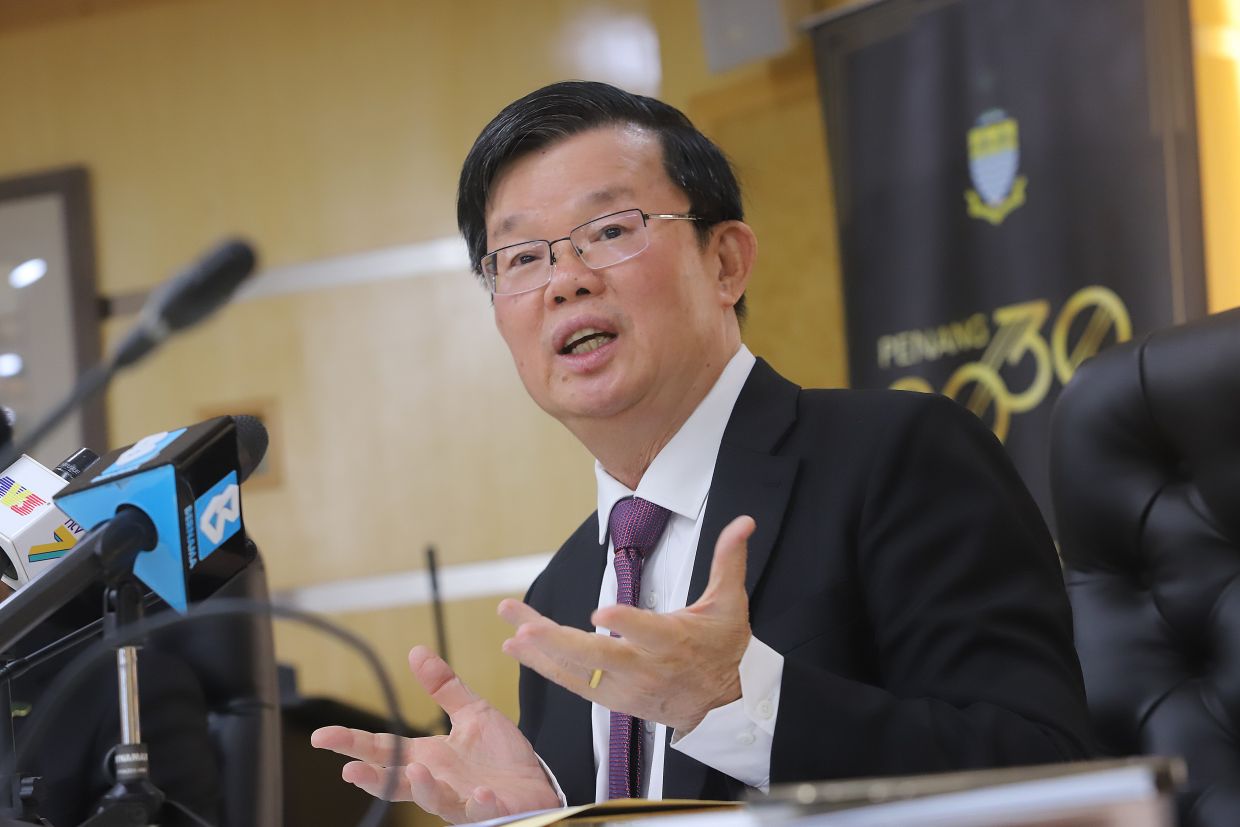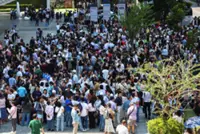
PETALING JAYA: Parliamentary independence goes beyond just having control over its budget and staffing, say experts.
Their comments come after the government announced that the Parliamentary Services Bill 2025 and the Federal Constitution (Amendment) Bill 2025 will be tabled and debated for approval during the current parliamentary meeting.
Madani government spokesman Fahmi Fadzil said the Parliamentary Services Bill 2025 is the first step towards institutional reform and improvements to the country’s key democratic institution, namely Parliament.
Earlier, Fahmi said the Cabinet has decided that the Parliamentary Services Bill 2025 and the Federal Constitution (Amendment) Bill 2025 will be tabled and debated for approval during the current parliamentary sitting.
The Communications Minister said the Cabinet had also decided that Minister in the Prime Minister’s Department (Law and Institutional Reform), Datuk Seri Azalina Othman Said, will table the Bills for first reading and elaborate on both of them in the Dewan Rakyat tomorrow.
“The Cabinet has also agreed and proposed that Prime Minister Datuk Seri Anwar Ibrahim deliver the second reading, which is expected on March 4, 2025,” he said.
Fahmi said the Bill seeks to establish a Parliamentary Council, which will be co-chaired by the Dewan Rakyat (House of Representatives) Speaker and Dewan Negara (Senate) president.
According to Fahmi, the Federal Constitution (Amendment) Bill 2025 seeks to enable the Dewan Rakyat Speaker and Dewan Negara president to be part of the Parliamentary Council.
Constitutional expert Datuk Assoc Prof Dr Wan Ahmad Fauzi Wan Husain of the International Institute of Islamic Thought and Civilisation, a postgraduate institute in International Islamic University Malaysia, said a dedicated head should manage all matters dealing with parliamentary services, such as the budgets for its administration and staffing.
“That head, who is responsible for managing parliamentary services, should also be empowered to table Bills for the legal processes in Parliament.
“To further enhance separation of powers with less intervention from the Executive, all legislative acts of the Yang di-Pertuan Agong, whenever appropriate, should be advised by either Speakers unless they fall within the jurisdiction of the members of Parliament,” said Wan Ahmad Fauzi.
He further said that for true reforms to happen in Parliament under the Parliamentary Services Bill, it would be best to appoint Speakers from non-elected representatives.
“The PSA must also look at the independence of MPs.
“The attitude and professionalism of our MPs have become a subject of concern even to the Yang di-Pertuan Agong.
“Even though an MP is already provided with parliamentary immunity, it must not end with such a privilege.
“MPs must take responsibility in promoting the rule of law and constitutional supremacy.
“Reform should not only extend to the parliamentary services but also the independence of MPs in promoting the rule of law and constitutional supremacy,” said Wan Ahmad Fauzi.
According to lawyer and former Dewan Rakyat Speaker Tan Sri Azhar Azizan Harun, while the Parliamentary Services Bill has a noble intention to give autonomy to the Parliament as an independent body, such independence should not be a mere notion.
“What kind of independence are we looking for? Would it be just a notional independence – where the Parliament has autonomy over its staffing and gets its own budget under the national budget?
“The real independence of such a parliamentary council would only be when the people who hold office are truly independent. As it stands, the Speaker is beholden to the government or acts at the behest of the government.
“Under the current Standing Orders, it is stated that a Parliament Public Accounts Committee (PAC) has to be reflective of the majority of the Dewan Rakyat.
“To have a Parliamentary Services Bill which would truly make Parliament a truly independent body with autonomy, the matters should be deeper than the chairmanship of the parliamentary council, control of budget and say over its human resources,” said Azhar.
The Malaysian Parliament was once administered under the Parliamentary Service Act 1963, whereby the law granted the Parliament autonomy to manage its own affairs without the interference of the government.
The Act was, however, repealed in 1993, and the Parliament services moved to the jurisdiction of the Prime Minister’s Department.
The existence of a Parliamentary Services Act meant the management and administration of Parliament were separated from executive interference, adhering to the principle of separation of powers.









































